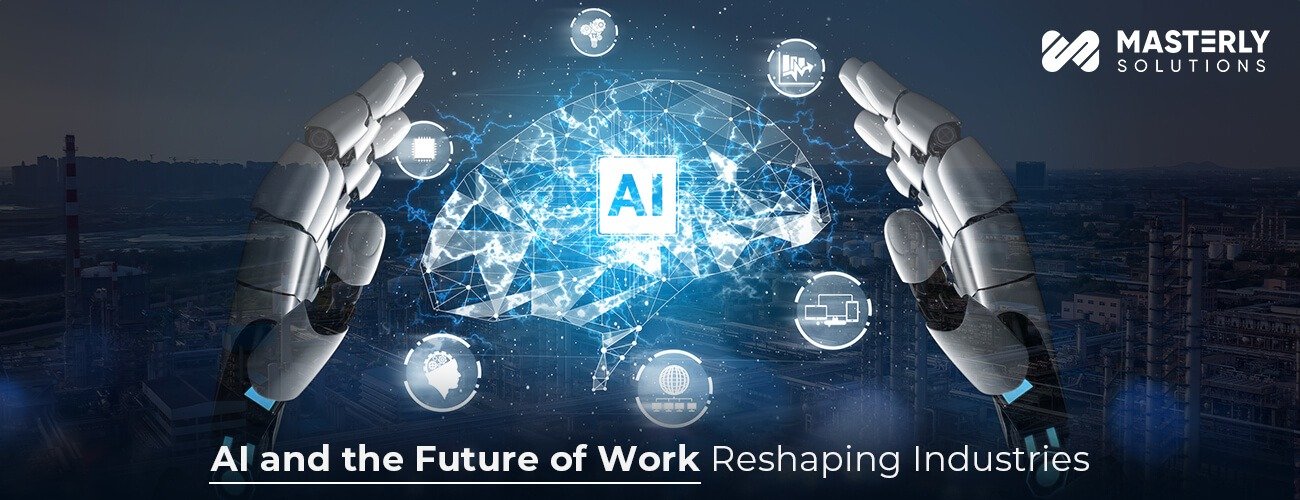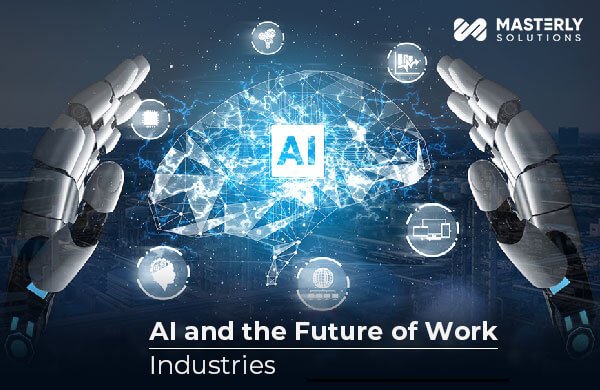
In an era where technology continually redefines the boundaries of possibility, Artificial Intelligence (AI) stands at the forefront of this transformation. This blog delves into the profound ways AI is reshaping the landscape of various industries, altering the nature of work, and paving the path for future innovations. We aim to provide a comprehensive view of AI’s capabilities, its implementation across sectors, and the implications for the workforce and ethical considerations.
Understanding AI and Its Capabilities:
AI, with its core components like Machine Learning, Neural Networks, and Natural Language Processing, is not just a futuristic concept but a present-day reality transforming businesses. From its humble beginnings to becoming a powerhouse of potential, AI technology has seen remarkable breakthroughs. This section would explore these elements, offering insight into the mechanics and marvels of AI.
AI in Different Industries:
The versatility of AI is evident through its applications across various sectors. In manufacturing, AI-driven automation and predictive maintenance are revolutionizing production lines. The healthcare sector benefits from AI in enhancing diagnostics and patient care. In finance, AI plays a crucial role in risk assessment and fraud detection, while the retail industry leverages AI for inventory management and enhancing customer experiences. The transportation sector is not far behind, with autonomous vehicles and logistics optimization. This part of the blog would explore these diverse applications, showcasing AI’s transformative power.
The Impact of AI on Employment:
The advent of AI in the workplace presents a dual narrative: while it leads to job displacement in some areas, it also creates new opportunities and roles. This section would discuss the importance of reskilling and adapting, highlighting the evolving nature of job markets in the wake of AI advancements.
Ethical Considerations and AI Governance:
With great power comes great responsibility. This segment would address the ethical dilemmas posed by AI, including privacy concerns, potential biases, and the need for transparent decision-making processes. The discussion would extend to the importance of establishing ethical guidelines and regulations for AI deployment.
Preparing for an AI-Driven Future:
For businesses, adapting to an AI-integrated future is not just an option but a necessity. This section would offer guidance on how businesses can effectively integrate AI, emphasizing the symbiotic relationship between human and machine intelligence. It would also discuss the skills that employees and employers should focus on to thrive in an AI-driven landscape.
Case Studies and Success Stories:
Real-world examples serve as the best testament to AI’s potential. This part would feature case studies of businesses that have successfully harnessed AI, detailing their strategies, challenges, and outcomes.
Conclusion:
AI is not just reshaping industries; it is redefining the future of work. As we stand at the cusp of this technological revolution, it is imperative for businesses and individuals alike to embrace these changes proactively. The future of AI is bright, filled with opportunities for innovation and growth, but it also demands a thoughtful approach to ensure a balanced and ethical advancement. As we navigate this journey, the key lies in harmonizing AI capabilities with human ingenuity, steering towards a future that benefits all.
